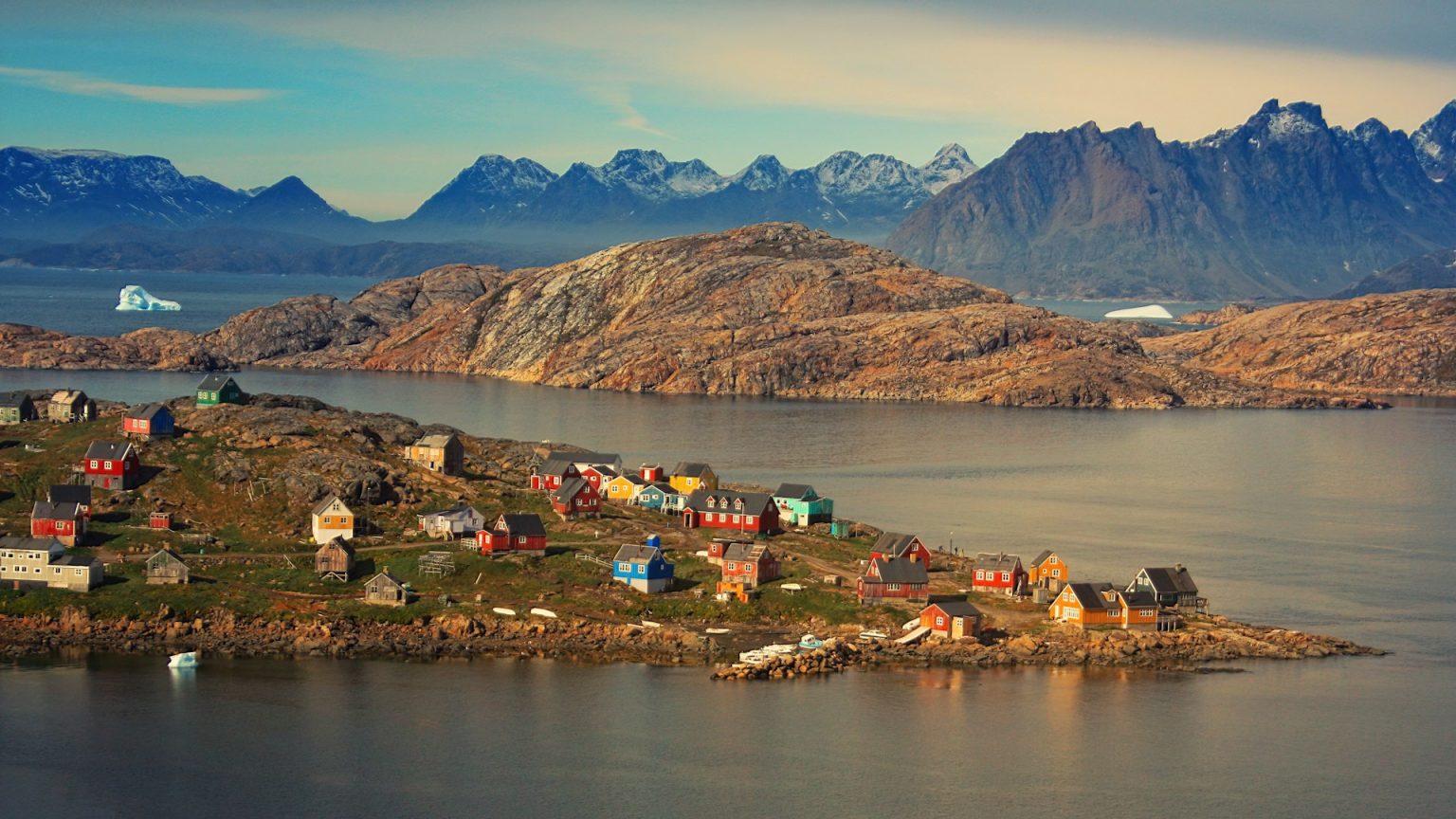DAVID WALLACE-WELLS: I think we have all the tools we need now to stave off real terrible climate suffering. I think the problem is essentially a problem of political economy. It used to be the case that there was a kind of strong economic conventional wisdom that said that action on climate would be quite expensive, both in the sense of upfront investment and in the sense of foregoing economic growth, because you'd have to say stop burning coal before the coal plant was actually ready for retirement.
But there's a huge amount of new research in this area that reverses that logic completely, which says that faster action on climate would offer huge economic payoffs in a quite short term way. There was one big study in 2018 that said we could add $26 trillion to the global economy just by 2030 through rapid decarbonisation. I think that estimate might be a little rosy, but it suggests just how completely this conventional wisdom has flipped just in the last few years. I don't think that understanding has yet risen up to the level of our policymakers, who are still a little bit bound by the earlier perspective that we'd have to forego economic growth to take action, but I think it will get to them soon, and I think our policy and our politics will change actually quite dramatically when that happens. So I don't think it's a question of money. I really think it's a question of political will.
Through the green energy we have now, through the knowledge we have about infrastructure and agriculture, it is within our power to take action and avert our worst case outcomes. It will always be the case that what damage is being done to the planet, we are doing ourselves. That is a sign of just how much power we have over the climate, and we could channel that power towards action against global warming, rather than in the direction of more carbon emissions. We'd be in a much better place. And at the moment there's great excitement and movement on climate. I'm heartened by that. I think there's reason for optimism. But it's not happening fast enough. We really need to take action very, very quickly.
The Secretary General of the UN says that we need a global mobilization against climate at the scale of World War II beginning this year, 2019. And so when the numbers of people who believe in climate change and are worried about it, they've jumped 15 points in a few years. That's incredible. It's almost unheard of in political science. By the measure of political science, that change is happening very fast. But we need much faster change even than that. We need to start right now, and our politics is not yet responsive at that level.






